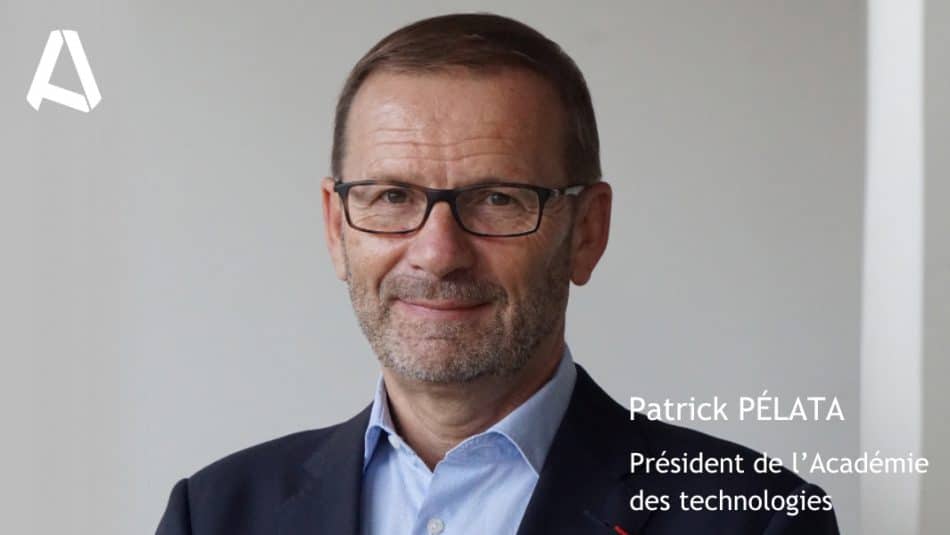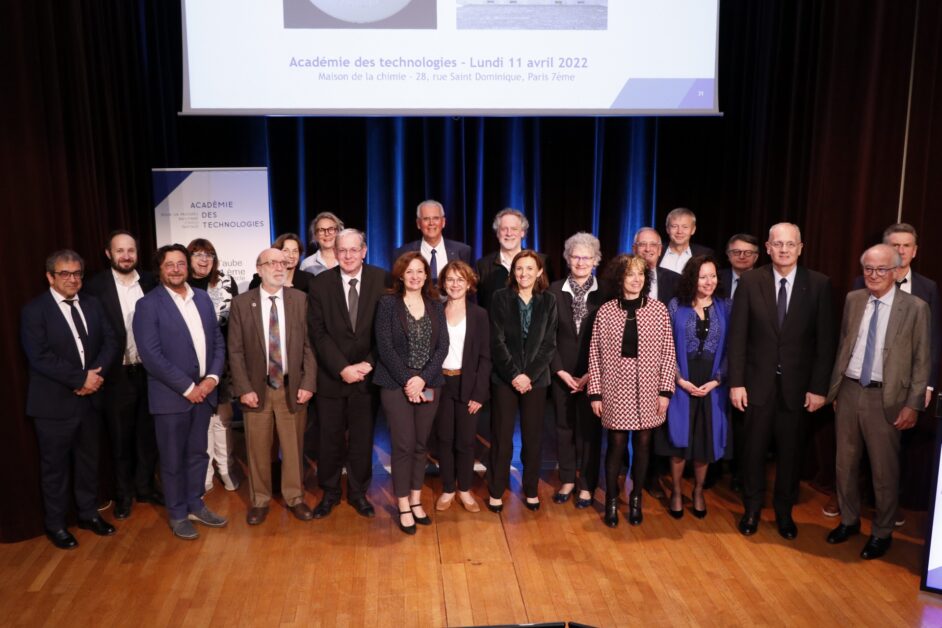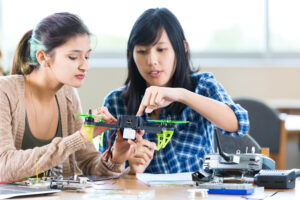Who we are
The National Academy of Technologies of France (NATF) is a national public administrative institution placed under the supervision of the Minister of Research and under the protection of the President of the Republic. It has more than 300 elected members, from various backgrounds that reflect the diversity of technologies. Its organisation ensures the collegiality and relevance of its action in the exercise of its missions: opinions and reports, general orientations and action programmes are voted in plenary assembly. Four strong ideas govern the action of the Academy for an increasingly reasoned and collective appropriation of technologies: progress, sense of general interest, listening, anticipation.

The Academy’sawards
The Academy is active in several awards that reward technological work or inspire young talent.
En savoir plusPartners

Partners
In order to reflect collectively on the progress of technologies and their impact on our society, the Academy relies on a network of partners from the economic and industrial sphere, the world of education, research, local communities and public authorities.
Partners
Become a donor
The academicians

The academicians
The Academy is made up of more than 380 French and foreign members appointed through a rigorous co-optation process that ensures diversity of expertise, professional background and gender.
Academicians



